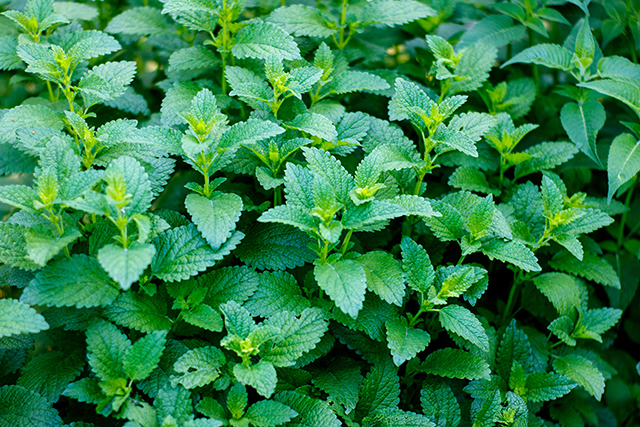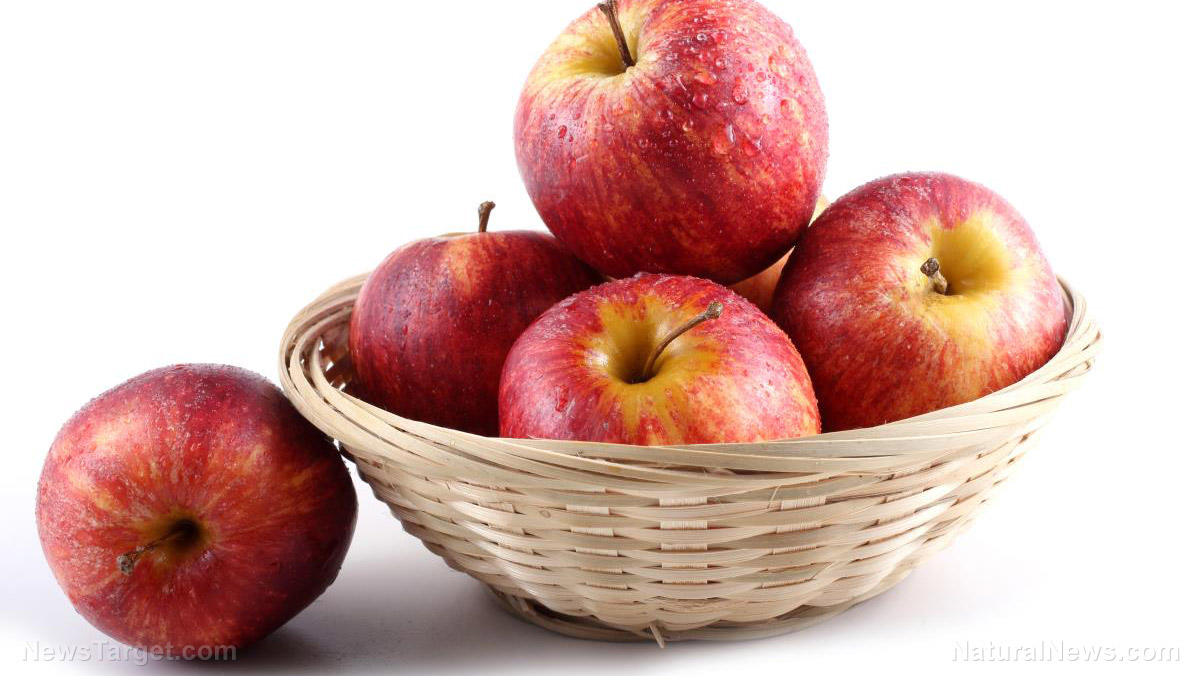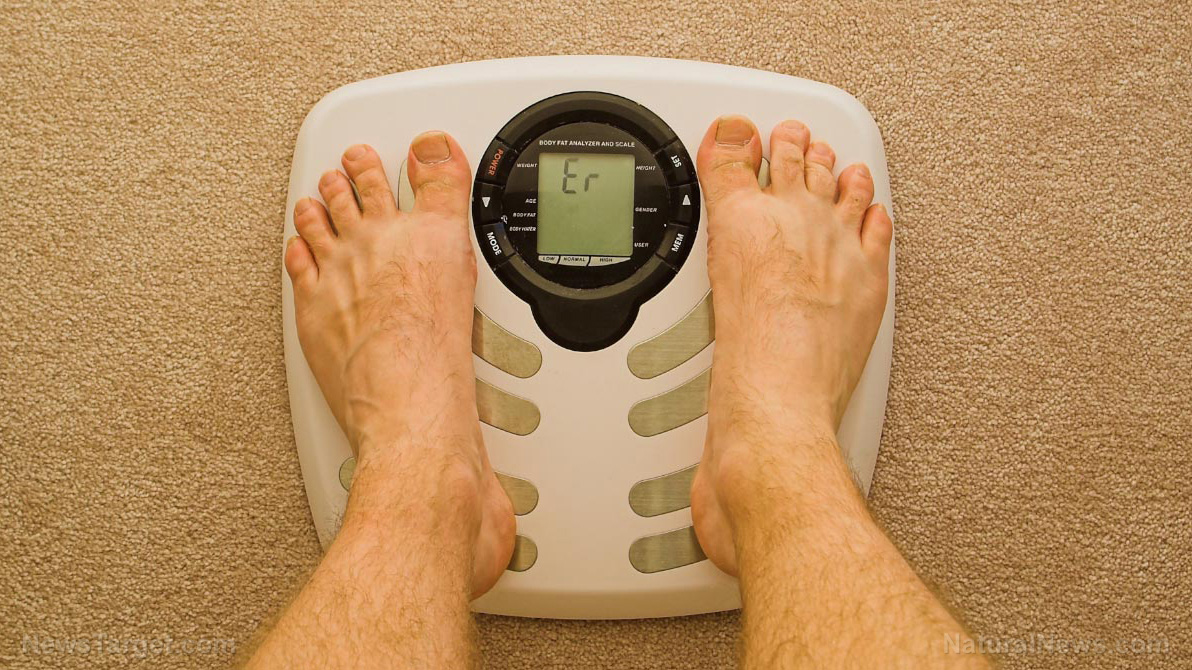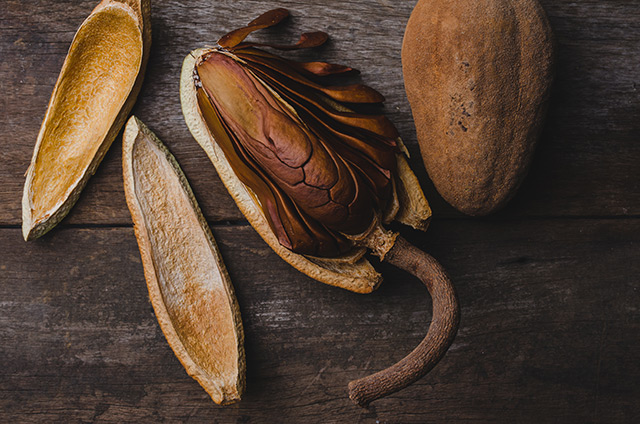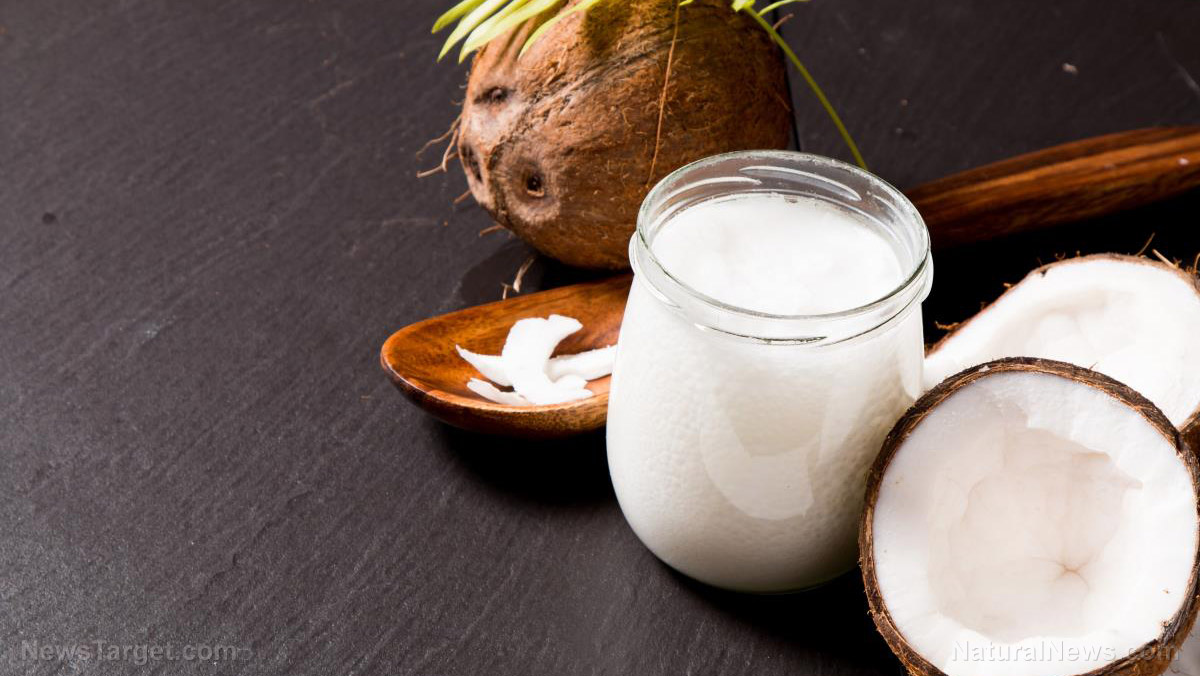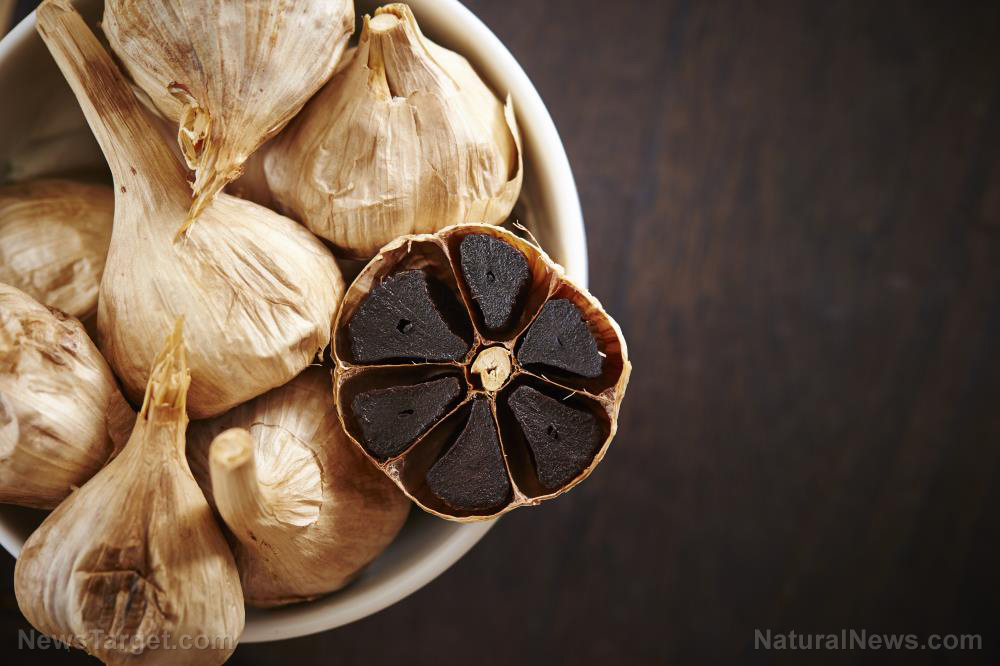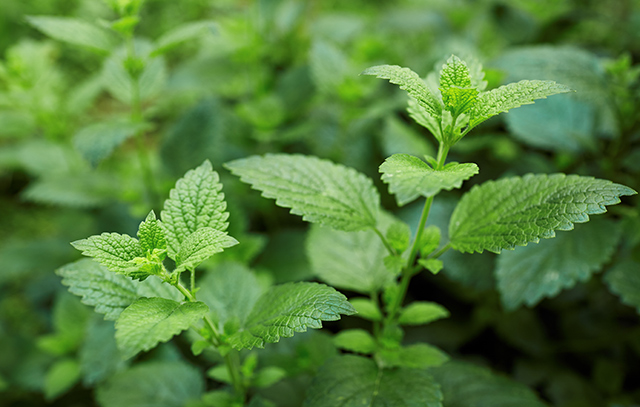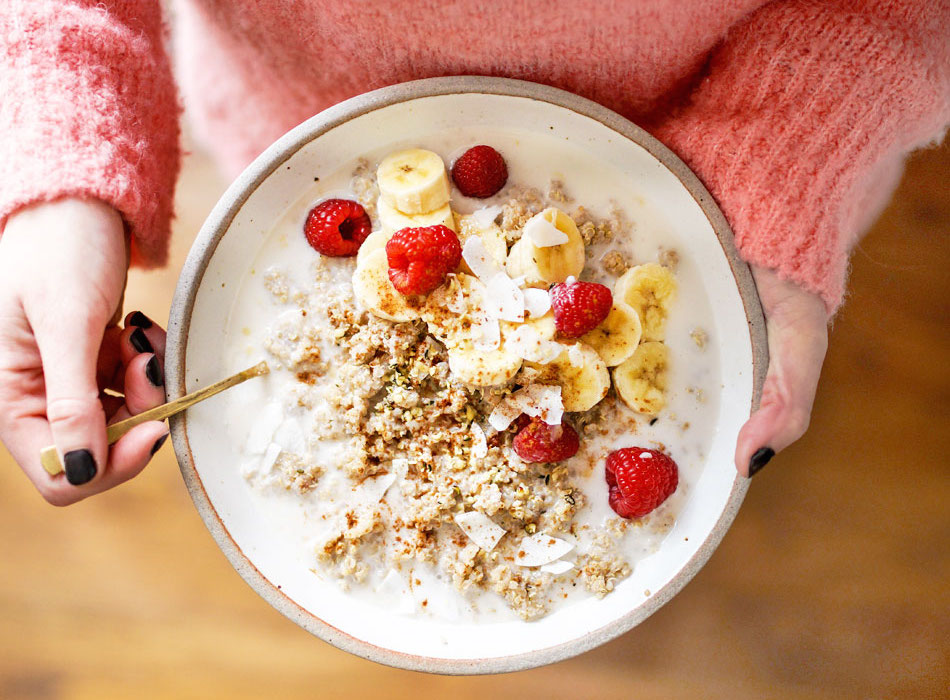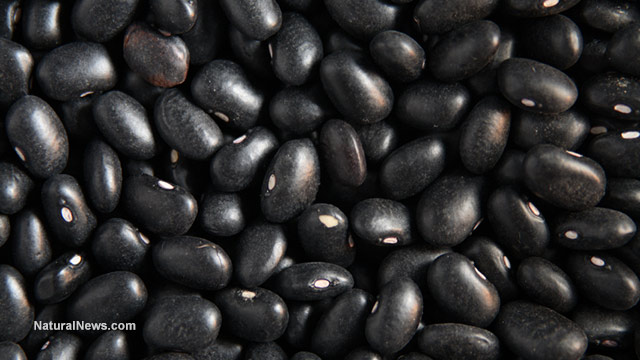Prevent hypertension by consuming more yogurt
10/25/2018 / By Michelle Simmons

Hypertension, also known as high blood pressure, is one of the primary risk factors for heart disease and stroke, which are the leading causes of death in the U.S. To prevent hypertension, a study suggests eating more yogurt regularly. The study, which was published in the Journal of Hypertension, assessed the effect of yogurt consumption on high blood pressure.
In the study, a team of researchers from Boston University School of Medicine, Harvard T. H. Chan School of Public Health, Boston University School of Public Health, and Boston University measured the link between yogurt consumption as well as cheese, milk, and total dairy, and high blood pressure.
The research team used the data of more than 180,000 participants enrolled in two Nurses’ Health Study (NHS) cohorts and the Health Professionals Follow-Up Study (HPFS). The NHS, NHS II, and HPFS participants were followed for up to 30, 20, and 42 years, respectively.
The results revealed that participants who ate more yogurt had a 16 percent lower risk of high blood pressure. In addition, those who ate more yogurt and had a higher adherence to the DASH (Dietary Approaches to Stop Hypertension) diet had a 30 percent lower risk of high blood pressure compared to those who ate less yogurt and had a lower adherence to the DASH diet.
The findings of the study suggested that high consumption of yogurt was linked to a lower risk of high blood pressure in middle-aged and older men and women. In conclusion, the research team suggested that eating more yogurt can lower the risk of high blood pressure.
More ways to lower the risk of high blood pressure
In the U.S., it is estimated that about 75 million people, or one in every three adults, have high blood pressure. Avoid adding to the increasing number of people with hypertension by following these healthy lifestyle tips:
- Maintain a healthy weight: Keeping a healthy weight is important in preventing high blood pressure. People who already have a healthy weight must maintain it, while those who are overweight should lose some pounds. Even losing as little as 10 pounds can help prevent high blood pressure.
- Eat healthily: The food you eat affects your health. A blood-pressure-friendly diet involves eating a lot of fruits and vegetables, especially those that are high in potassium, and eating fewer foods that contain calories, fat, and sugar. It is also recommended to avoid eating foods that are high in sodium to keep the blood pressure normal. These include packaged and processed foods. Also, avoid adding extra salt to your meals. One of the most common diet for preventing hypertension or regulating blood pressure is the DASH diet, which is a diet low in sodium and rich in foods containing potassium, calcium, and magnesium. If you are having a hard time eating healthily, start slowly. Try snacking on fruits and vegetables instead of junk foods. Over time, this good habit will become a part of your everyday routine. (Related: Top Foods to Avoid with High Blood Pressure.)
- Be physically active: Exercising regularly can help prevent high blood pressure. Even just 30 minutes of moderate exercise three times a week can help control blood pressure. Being physically active will also help you keep a healthy weight.
- Do not drink too much alcohol: Although a glass of wine once in a while is good for the heart, consuming high amounts of alcohol can result in high blood pressure. Women should not drink more than one glass a day, while men should not exceed two glasses each day.
- Monitor your blood pressure: Regularly monitoring your blood pressure is important because hypertension often occurs with no symptoms.
Read more news stories and studies on foods that help prevent cardiovascular problems like high blood pressure by going to HeartDisease.news.
Sources include:
Tagged Under: blood pressure, cardiovascular health, disease prevention, healthy foods, high blood pressure, hypertension, yogurt

